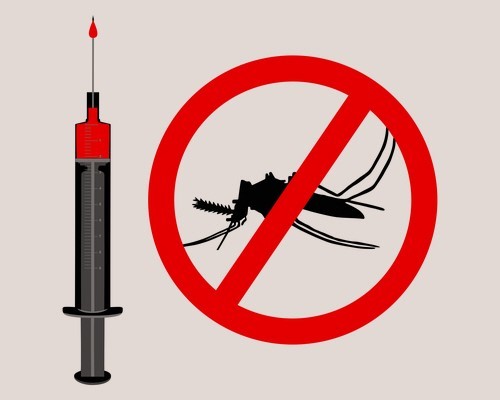Combining two different malaria vaccines can cut cases by 91%
IANS Jun 20, 2018
Using a combination of two experimental vaccines can result in 91 per cent reduction in the number of malaria infections, scientists have found.

Malaria is a disease caused by a plasmodium parasite, transmitted by the bite of infected mosquitoes. The team from the Imperial College London tested two types of vaccines: those that prevent mosquitoes from transferring the parasites, called transmission-blocking vaccines (TBVs), and those that prevent the parasite from infecting the liver, termed pre-erythrocytic vaccines (PEVs).
Both vaccines, currently at a human trial stage, independently achieved 48 per cent and 68 per cent reductions in malaria cases in animal studies. "This is the first direct evidence that combining vaccines of different types significantly improves their efficacy in terms of reducing malarial burden," said lead researcher Andrew Blagborough, from the Department of Life Sciences at Imperial.
"Reaching a potential 91 per cent reduction in cases would have a huge impact on public health because the vaccines could be effective in areas where malaria is more prevalent," he added. The study, published in the journal eLife, used genetically altered mouse parasites that show proteins expressed on the human version of the malaria parasite.
Besides reducing malaria cases by 91 per cent, combining any of the two types of vaccines also improved the efficacy of the mixture more than might be expected from the single efficacy of each vaccine separately. "While these findings are in the preliminary stages, they're valuable as they shed light on optimising strategies for preventing malaria," said Morven Roberts, Programme Manager for parasites and neglected tropical diseases at Imperial's Medical Research Council (MRC). "Learning that combining vaccines can dramatically boost efficacy in mice provides another potential tactic for controlling this disease. This is a timely research as global health officials' work for WHO targets to eliminate malaria by 2030," Roberts noted.
-
Exclusive Write-ups & Webinars by KOLs
-
Daily Quiz by specialty
-
Paid Market Research Surveys
-
Case discussions, News & Journals' summaries